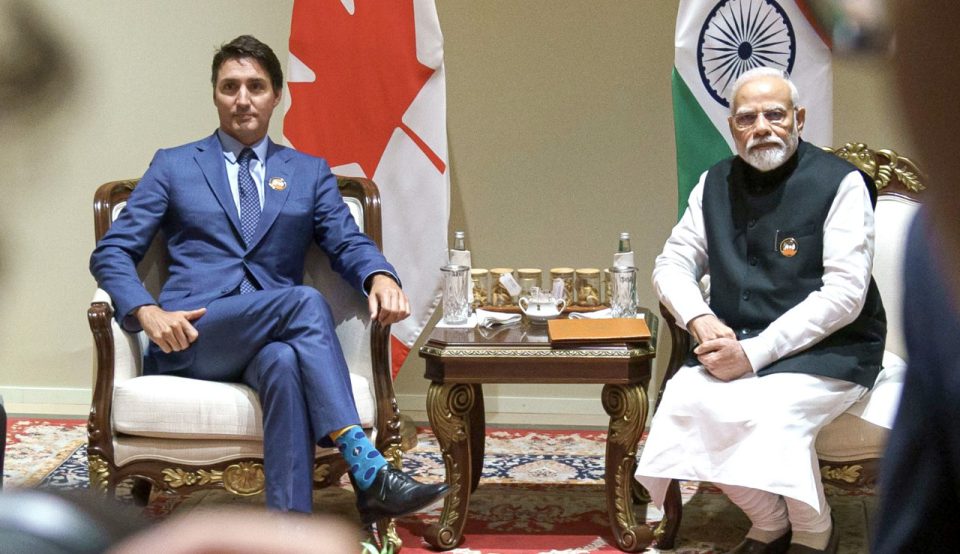Trade negotiations between India and Canada have hit a major roadblock as tensions escalate between the two nations. The source of this friction stems from Canadian Prime Minister Justin Trudeau’s statement, in which he mentioned that Canadian authorities were investigating “credible allegations” linking Indian agents to the murder of Sikh separatist leader Hardeep Singh Nijjar.
In response to these allegations, New Delhi dismissed them as “absurd” and urged Canada to address anti-India elements operating within its territory. Consequently, trade talks between the two countries, which had aimed to finalize an initial pact this year, have been put on pause.
What’s at Stake in Trade?
The Comprehensive Economic Partnership Agreement (CEPA) between Canada and India has the potential to significantly boost two-way trade, possibly by as much as $6.5 billion. This boost could result in a GDP gain ranging from $3.8 billion to $5.9 billion for Canada by 2035.
In 2022, goods trade between the two nations reached $8 billion. India’s exports to Canada amounted to $4 billion, while imports from Canada also stood at $4 billion. Key imports from Canada include energy products like coal and fertilizers, while India exports consumer goods, garments, engineering products, and pharmaceuticals to Canada.
Canada’s top exports to India in 2022 were fossil fuels, fertilizers, and wood pulp. The trade relationship has also benefited Canadian farmers due to India’s increasing demand for imported lentils.
Investment Position and Corporate Relations
Canada is the 17th largest foreign investor in India, with investments exceeding $3.6 billion since 2000. Canadian portfolio investors have also poured billions into Indian stock and debt markets.
Canadian companies such as Bombardier and SNC Lavalin have a significant presence in India, while Indian tech giants like TCS, Infosys, and Wipro have invested billions in Canada, creating numerous jobs.
Indian Students in Canada
India has been the largest source country for international students in Canada since 2018. In 2022, the number of Indian students in Canada increased by 47% to nearly 320,000, making up about 40% of all overseas students. This influx of students has also benefited Canadian universities and colleges.
Implications for Sikhs
The deteriorating relations between India and Canada could have economic implications for Sikh families in India’s Sikh-majority state of Punjab. Many of them have relatives in Canada who send remittances back home. The Sikh population in Canada has doubled in the past two decades, reaching 2.1% of the total population, according to the 2021 census.
The Ongoing Situation
The recent allegations and diplomatic tensions have not only resulted in the suspension of trade talks but also in the expulsion of diplomats from both countries. This strained relationship poses a risk to existing exports and efforts to enhance trade between Canada and India.
While India accounts for a small fraction of Canada’s international trade, it’s essential for specific sectors, such as Canada’s pulse industry, which exports lentils to India. However, India may seek alternatives in its trade partners, making it less dependent on Canada.
The ongoing tensions could also impact Canadian investments in India and the flow of Indian students to Canada. It’s a situation that businesses and organizations must consider in their future plans.

